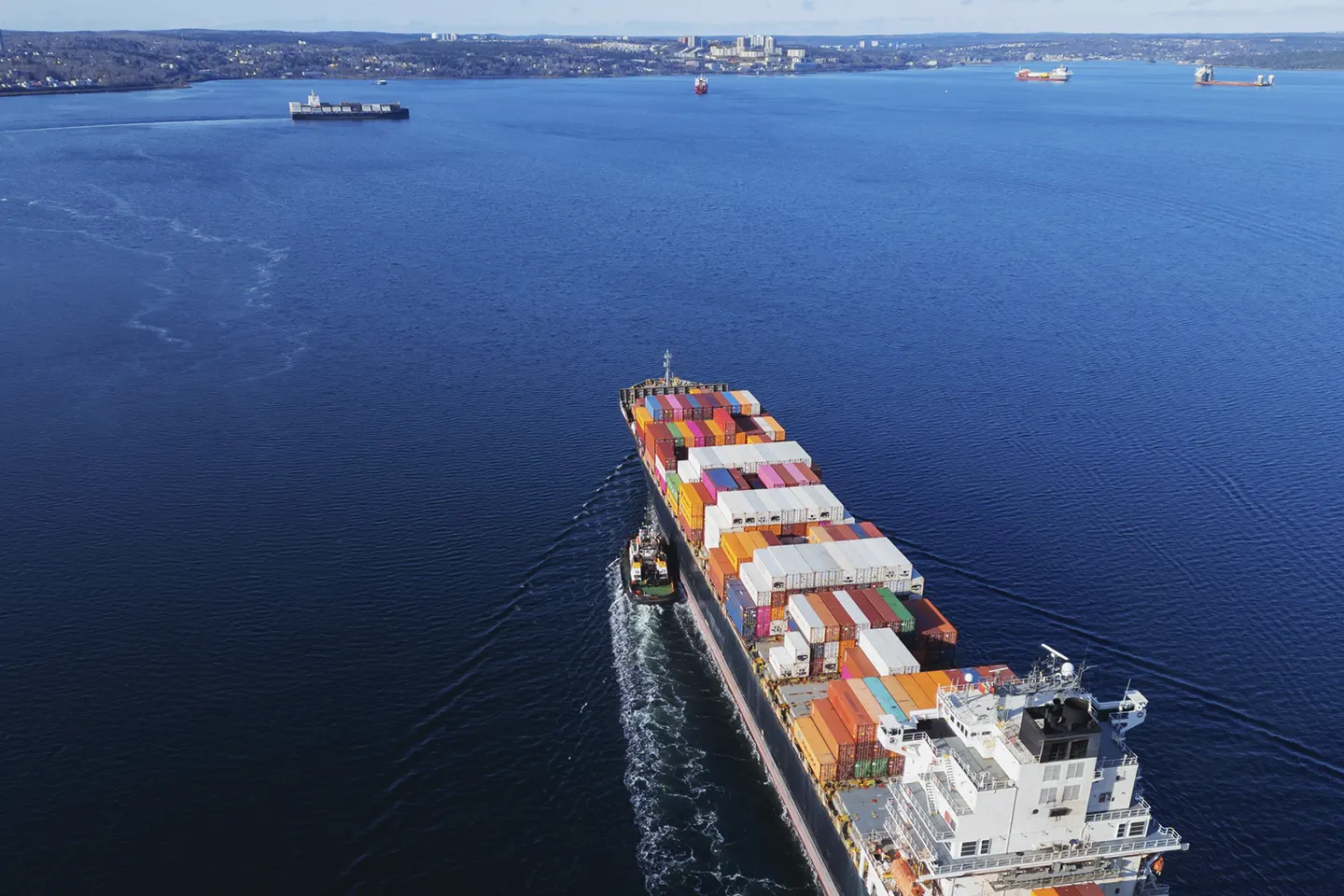Why Every Canadian Company Needs a Trump Strategy…and a Biden Strategy

While geography has made Canada and the US neighbours and economics have made the countries partners, the outcome of the 2024 US Presidential election is likely to put enormous strain on this partnership. With many Canadian companies relying on relatively free and unfettered access to the US market as part of North American value chains, it is critical that Canadian companies prepare themselves for what may come.
By now, many are aware of the possible impact from a second Trump presidency. Delighting in his self-description as a “Tariff Man,” Donald Trump promises to impose a universal 10% tariff on all items imported into the US. Arguably, agreements already in place should protect Canadian goods from this unilaterally imposed tariff. Then again, one would be naïve to rely too strongly on a President Trump respecting the niceties of international law. Smart Canadian companies are planning contingencies to protect their commercial access.
Many seem to assume a second term for President Biden represents smooth sailing for Canadian business and does not require much planning or forethought. Yet an April 2024 Scotiabank Global Economics report “guesstimating the economic impact” of the US election finds a negative impact on the Canadian economy regardless of who wins (although, admittedly, the impact is greater under a Trump presidency). President Biden may be a friend of Canada, but he is not exactly a free trader.
In addition to being tough on China, just about the only bi-partisan consensus in Washington these days is an aversion – or even hostility – to free trade. Neither a President Trump nor a President Biden are likely to move toward greater economic integration and partnership.
For example, President Biden has been successful in passing significant spending legislation, such as the Inflation Reduction Act (IRA) and the Bipartisan Infrastructure Law. With these bills have come new headaches about “Buy America” provisions and other measures that either shut out Canadian companies or put them at a competitive disadvantage to their US counterparts.
Canadian governments, both federal and provincial ones, have worked hard to minimize the impact of these trade disturbances and/or to introduce domestic measures to restore Canadian competitiveness. Yet, almost two years after the IRA’s passage, Canadian governments are still scrambling to counteract the impact this legislation has had on Canadian companies.
Flying somewhat under the radar – at least in Canada, it seems – is the mandatory review of the US-Canada-Mexico Agreement (USMCA) in 2026. This review can seem a long way off: there will be national elections in each of the signatory countries, with the potential of new administrations in place in each country, before then.
It seems pretty clear that both Canada and Mexico would prefer that this mandatory USMCA review, at minimum, confirms the agreement in place for another six years, with the potential to gain further concessions. Yet, given the anti-trade sentiment currently prevailing in Washington, this seems an unlikely outcome.
Just considering trade deficits – among the most preferred metrics a President Trump would look at to determine if USMCA is working well for the US – the US has substantial trade deficits with both Canada and Mexico. Mexico’s trade deficit, in fact, is the US’ second biggest – only surpassed by the US trade deficit with China. And there are rumblings (growing louder) this trade deficit partly reflects Chinese companies that have invested in Mexico and are using that base to import Chinese products essentially tariff-free into the US. In such an environment, a quiet, administrative review of the trade agreement seems even more unlikely.
How can Canadian companies prepare? Starting early and having a plan – separate ones for each possible Presidency – is a good start. For some sectors, like electric vehicles, cleantech and critical minerals processing, there are considerable opportunities to be explored. For other sectors, notably steel, aluminum and many agricultural producers (especially those that are supply-managed), there are sizeable risks that need to be mitigated.
But Canadian companies will only get so far on their own. They will need the backing and support of Canadian governments to advocate on their behalf.
Part of that support requires recognizing the complexity of the Canada-US relationship and that the Presidential level is only part of the solution. The Government of Ontario, for instance, is pursuing Memoranda of Understanding with relevant US states and highlighting the important role of Ontario-based companies in US employment and in strategic supply chains, like those for electric vehicles and for critical minerals. Emphasizing Canadian companies’ economic importance to the US, especially at the state level, will be increasingly important to counteract Washington’s free trade suspicions.
US Presidents have regularly recognized Canada, and the US are not just neighbours, but allies and economic partners. Canadian business has a role to play in promoting this partnership. So do Canadian governments. And we need to start on those reminders today.


